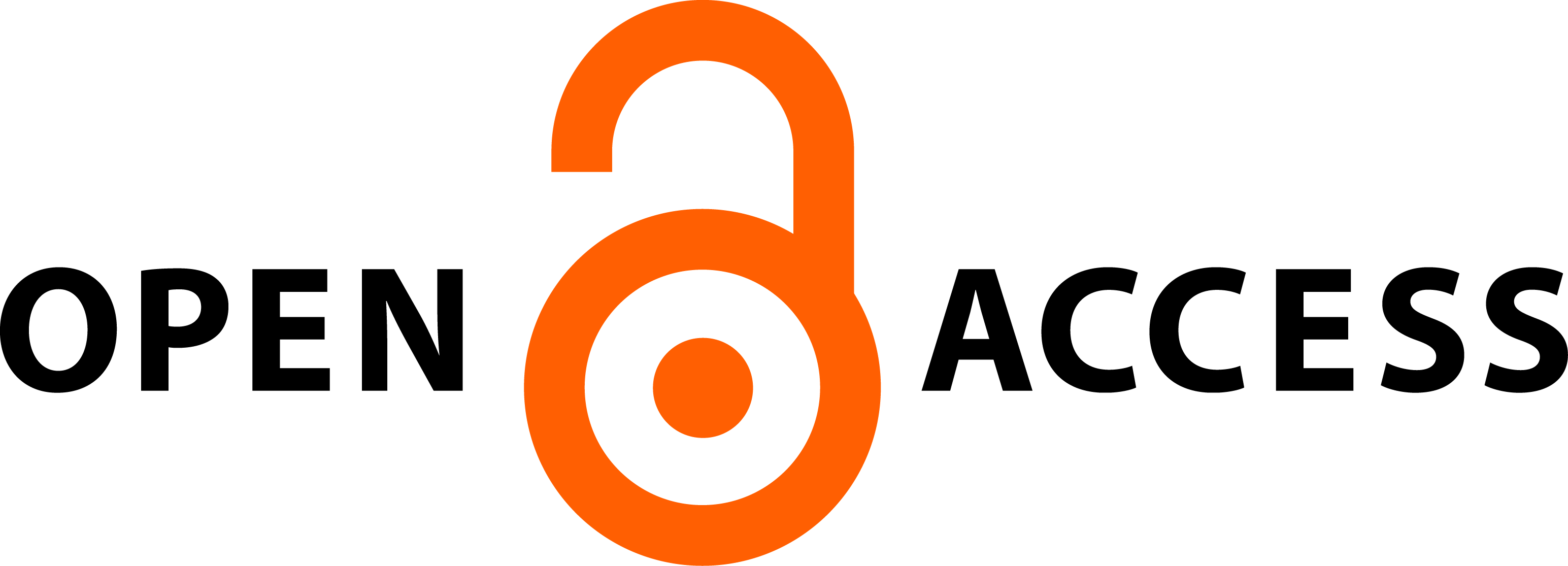Integrasi Perbankan dan Fintech Syariah Guna Mendukung Merger Bank Bumn Syariah dan Kesejahteraan Sektor Pertanian Indonesia Era Covid-19
DOI:
https://doi.org/10.21154/muslimheritage.v6i2.2878Keywords:
kolaborasi, fintech syariah, perbankan syariah, pertanianAbstract
Abstract
The level of literacy and inclusion, especially Indonesian Islamic finance, is still low, evidenced by the financing of the Islamic financial industry, especially Islamic banking, which is only focused on the business and household sectors, while for other sectors it is still minimal, the agricultural sector for example, May 2020, only about 3.66% of total disbursed financing, even though this sector has a role for national development, namely the second largest contributor to GDP, as well as being resistant to the covid-19 pandemic, so the potential of this sector must be optimized. Acceleration, literacy and inclusion of Islamic finance in the agricultural sector must continue to be encouraged so that the stretching of Islamic financial growth is more comprehensive, considering the contracts in Islamic finance are very suitable when implemented in the agricultural sector. The emergence of fintech is not a threat, but is as an alternative to the limitations of bank capital problems in terms of channeling funds. The Collaboration Model is an effective concept for grounding Islamic finance and the welfare of Indonesia's agricultural sector. The purpose of this paper is to formulate a model of collaboration or integration between Islamic banking and Islamic fintech. The method used in this writing is qualitative with a descriptive approach. The data used are secondary data obtained from relevant literature. The results of the research formulate a collaboration model as an alternative financing according to the characteristics of agriculture based on the Islamic perspective. These results also have implications as a solution for acceleration, literacy and inclusion of Islamic finance in Indonesia, so that Indonesia can become a center for the development and implementation of world Islamic finance through its agricultural sector.
Abstrak
Tingkat literasi dan inklusi khususnya keuangan syariah Indonesia masih tergolong rendah, terbukti dengan pembiayaan industri keuangan syariah khususnya perbankan syariah yang hanya tertuju pada sektor bisnis dan rumah tangga, sementara untuk sektor lain masih minim, sektor pertanian misalnya hingga Mei 2020 hanya sekitar 3,66 % dari total pembiayaan yang disalurkan, padahal sektor ini memiliki peranan bagi pembangunan nasional yakni penyumbang PDB terbesar kedua, sekaligus tahan terhadap pandemi covid-19, sehingga potensi sektor ini harus dioptimalkan. Akselerasi, literasi dan inklusi keuangan syariah pada sektor pertanian harus terus digalakkan agar geliat pertumbuhan keuangan syariah semakin komprehensif, mengingat akad-akad pada keuangan syariah sangatlah cocok diimplementasikan pada sektor pertanian. Kemunculan fintech bukanlah ancaman, melainkan sebagai alternatif keterbatasan permasalahan permodalan perbankan dalam hal penyaluran dana. Model Kolaborasi merupakan konsep efektif untuk membumikan keuangan syariah dan menyejahterakan sektor pertanian Indonesia. Tujuan penulisan ini adalah merumuskan model kolaborasi atau integrasi antara perbankan syariah dan fintech syariah. Metode dalam penulisan ini kualitatif dengan pendekatan deskriptif. Data yang digunakan adalah data sekunder yang diperoleh dari literatur relevan. Hasil penelitian merumuskan model kolaborasi sebagai pembiayaan alternatif sesuai dengan karakteristik pertanian berdasarkan perspektif syariah. Hasil ini juga berimplikasi sebagai salah satu solusi akselerasi, literasi dan inklusi keuangan syariah di Indonesia, dengan demikian Indonesia dapat menjadi kiblat perkembangan dan implementasi keuangan syariah dunia melalui sektor pertaniannyaDownloads
Published
Issue
Section
License
Requirements to be met by the author as follows:
- Author storing copyright and grant the journal right of first publication manuscripts simultaneously with licensed under the Creative Commons Attribution License that allows others to share the work with a statement of the work's authorship and initial publication in this journal.
- Authors can enter into the preparation of additional contractual separately for non-exclusive distribution of a rich version of the journal issue (eg:post it to an institutional repository or publish it in a book), with the recognition of initial publication in this journal.
- Authors are allowed and encouraged to post their work online (eg, in institutional repositories or on their website) prior to and during the submission process, because it can lead to productive exchanges, as well as citations earlier and more severe than published works. (see The Effect of Open Access).

















